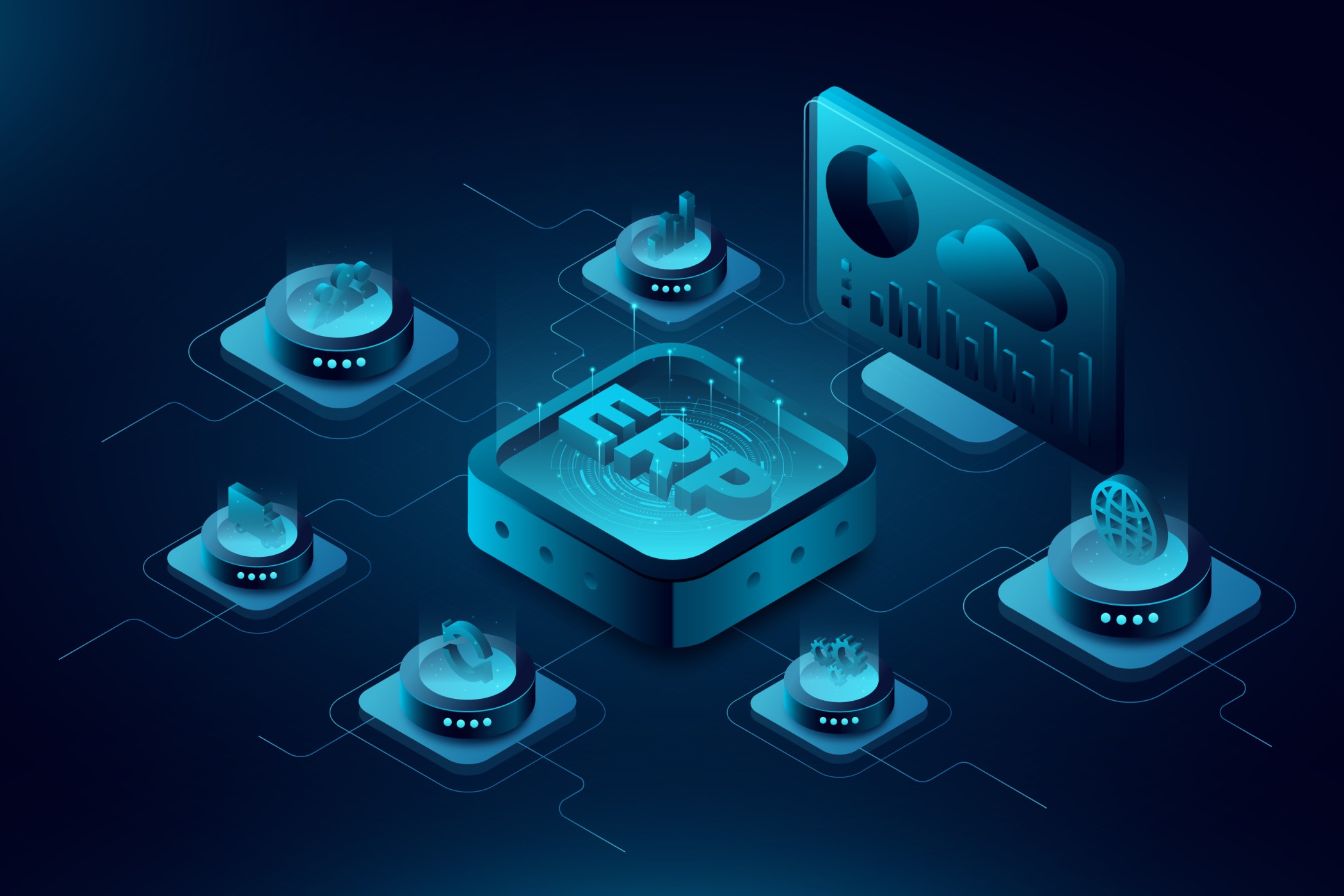Is ERP only suitable for large corporations? Contrary to popular belief, ERP solutions can benefit businesses of any size. Small and medium enterprises (SMEs) can also use ERP software systems to improve their operations.
Enterprise Resource Planning (ERP) is the most flexible software system that allows businesses to streamline operations and focus on essential activities, directly impacting cost savings and efficiency, which is essential in challenging economic times.
Small-to-medium sized businesses are increasingly transitioning from paper-based systems to modern ERP solutions, which include digital scheduling and production tool analysis. Over the past 10 years, the emergence of various ERP for medium sized businesses has simplified functionality to the large extent, and it is destined to go up by 2027.
This article will focus on the importance of ERP for medium businesses, showing that it’s not just for large corporations.
Benefits of ERP for Medium and Large Businesses
Implementing ERP software system offers several advantages for medium-to-large-sized enterprises, such as:
- Cost Reduction: By automating processes and reducing manual input, ERP systems free employees to engage in more innovative and profitable projects. This efficiency reduces turnaround time and improves production.
- Transparency: ERP systems provide real-time financial data that allows managers to analyze problems and make effective decisions. This transparency offers a competitive advantage and saves cost charges.
- Custom Reporting: Effective ERP for medium sized businesses generates reports that track KPIs across departments and highlights the areas for improvement.
- Scalable Production: ERP systems enable businesses to scale operations by automating processes that allow employees to focus on critical tasks first.
Challenges of ERP Systems for Businesses
While ERP systems come with numerous benefits, they also have several challenges that businesses must face. Two of the major drawbacks are:
- Cost: The high cost of ERP systems, including pre-integration, ongoing subscriptions, and license’s, can be a major barrier. Infrastructure costs for on-premises systems, such as IT support and server hardware, must also be considered.
- Implementation Challenges: Implementing an ERP system requires significant time, money, and resources. Internal staff must evaluate ERP options, which can be a complex process involving various department managers.
ERP Systems for Large Companies
Originally, ERP solutions were designed for large corporations. For example, a multinational manufacturing company can track regional operations using ERP. Large enterprises benefit from ERP by automating daily activities, saving significant time and effort.
Historically, ERP for medium sized businesses were complex and expensive, making them accessible only to large companies with substantial IT budgets. Fortunately, this is no longer the case.
Conclusion
In today’s competitive market, SMEs need affordable, well-designed ERP software systems to handle complex manufacturing processes efficiently. Careful assessment and selection of suitable software is essential for SMEs and large enterprises to maximize benefits such as cost reduction and improved customer relationship management.
So, are you a small to medium-sized enterprise contemplating ERP implementation? If so, you’re at the right place! Based in Sri Lanka, Blue Lotus 360 creates ERP software’s globally for businesses involved in manufacturing, distribution, asset maintenance, and service management to improve performance.
Our team specialists collaborate closely with your internal teams to thoroughly understand your ERP needs and suggest the most suitable solution.
Reach out to us today to make your business stand out!














